Navigating the Hushed Hazards: A Comprehensive Guide on the Risks of Low Blood Pressure
Low blood pressure, also known as hypotension, is often overlooked as a potential health risk. The focus is generally on high blood pressure, but low blood pressure carries its own set of hazards. This comprehensive guide will delve into the risks associated with hypotension and provide strategies to navigate these hushed hazards.
Understanding Blood Pressure
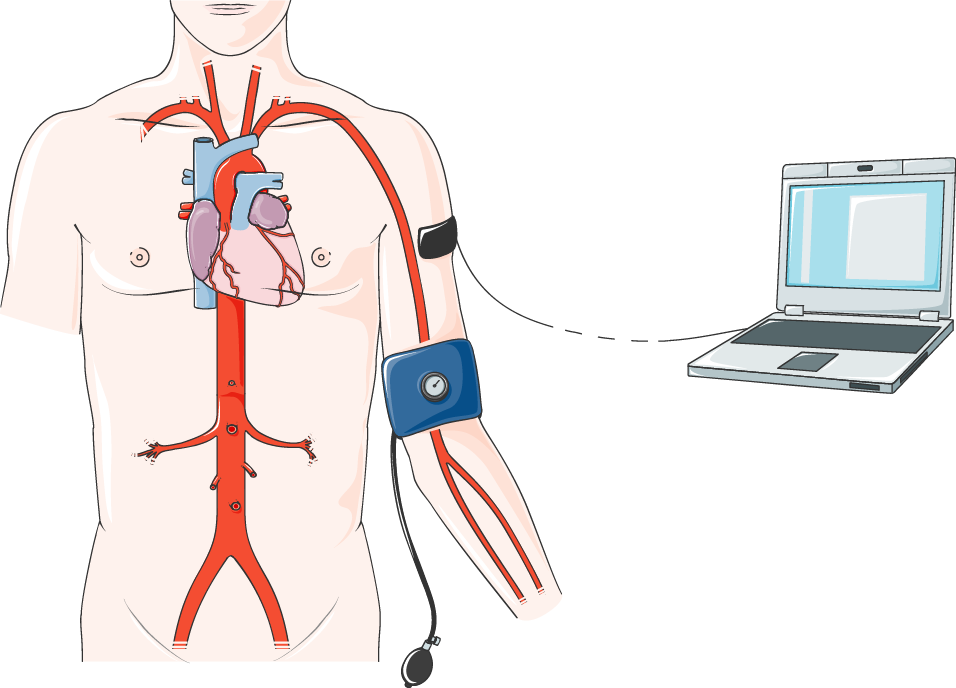
Blood pressure is the force exerted by blood against the walls of the arteries. It's measured in millimeters of mercury (mmHg) and recorded as two numbers: systolic over diastolic. Systolic pressure is the force exerted when the heart beats, while diastolic pressure is the force when the heart rests between beats. Hypotension is typically defined as a blood pressure below 90/60 mmHg.
Causes of Low Blood Pressure
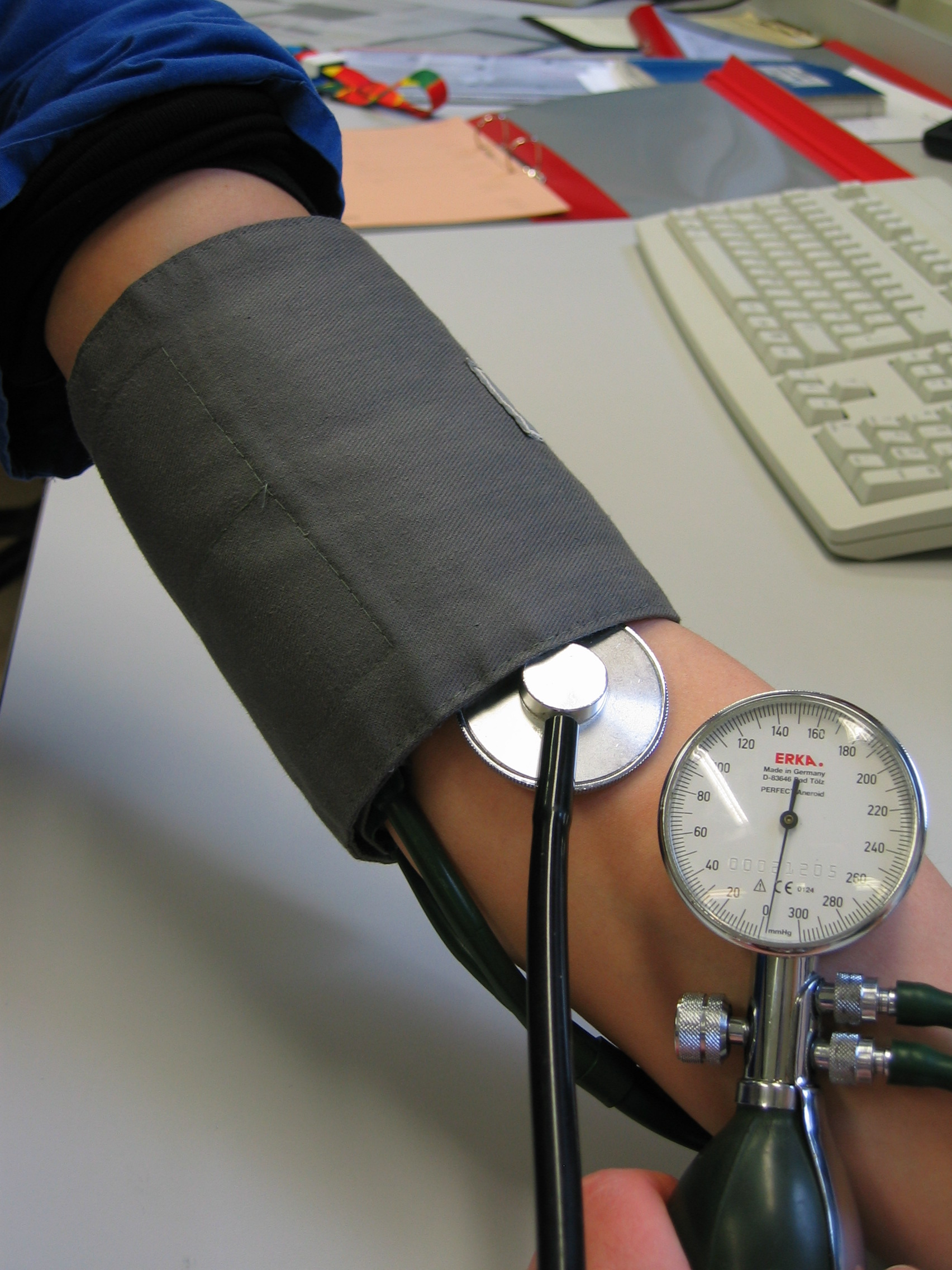
Many factors can lead to low blood pressure. These include medications, heart issues, endocrine problems, dehydration, blood loss, severe infection (septicemia), and allergic reaction (anaphylaxis). Understanding the cause of your low blood pressure is critical in managing its risks.
Symptoms of Low Blood Pressure
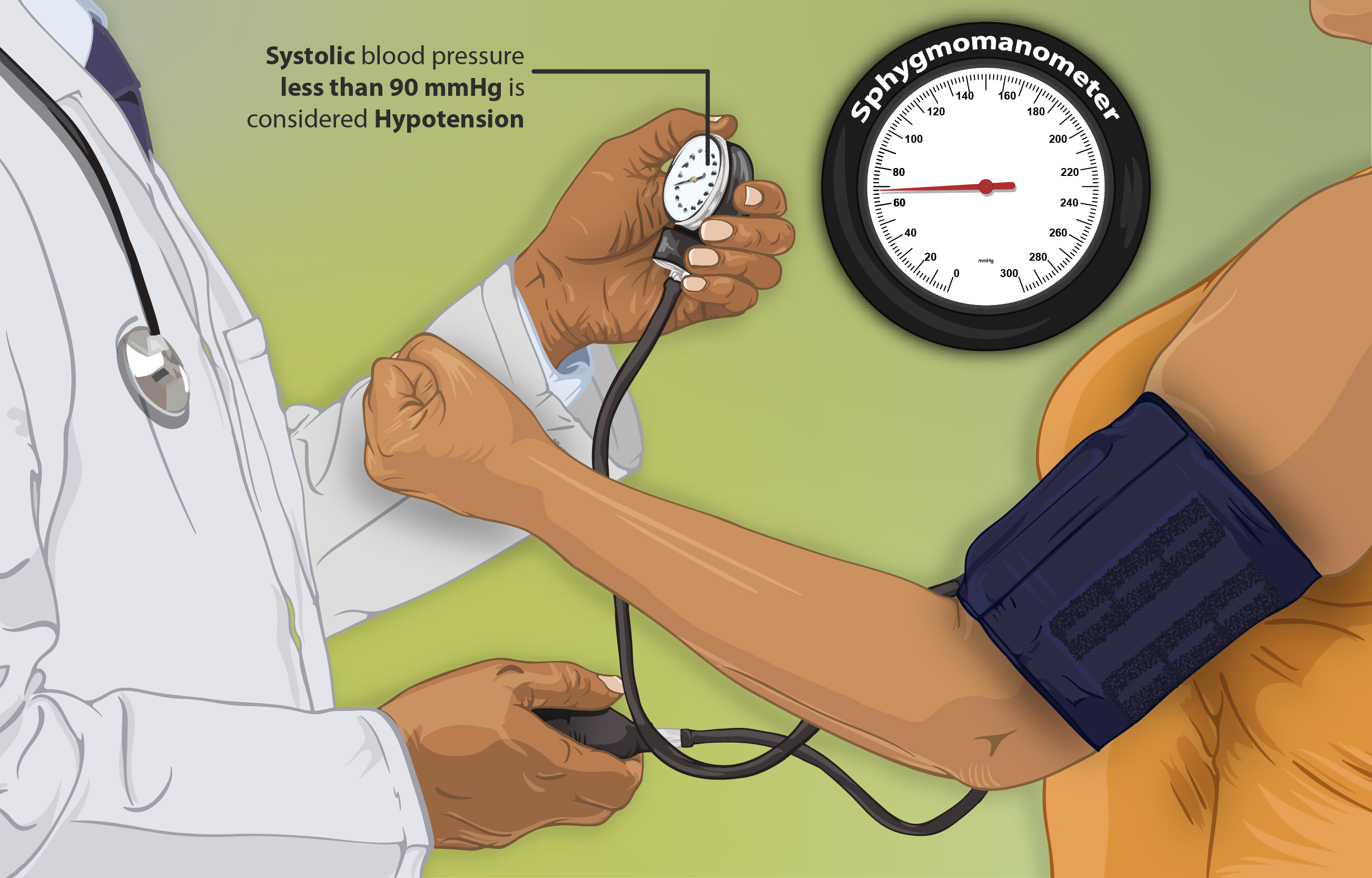
Low blood pressure can be asymptomatic. However, some people may experience dizziness, fainting, blurred vision, nausea, fatigue, and lack of concentration. If you notice these symptoms, it's crucial to seek medical attention.
Risks of Low Blood Pressure
Low blood pressure can lead to several health risks. These include dizziness and fainting, which can result in injuries from falls. It can also cause inadequate blood flow to the brain, heart, and other vital organs, leading to shock and, in severe cases, organ failure.
Low Blood Pressure and Heart Disease
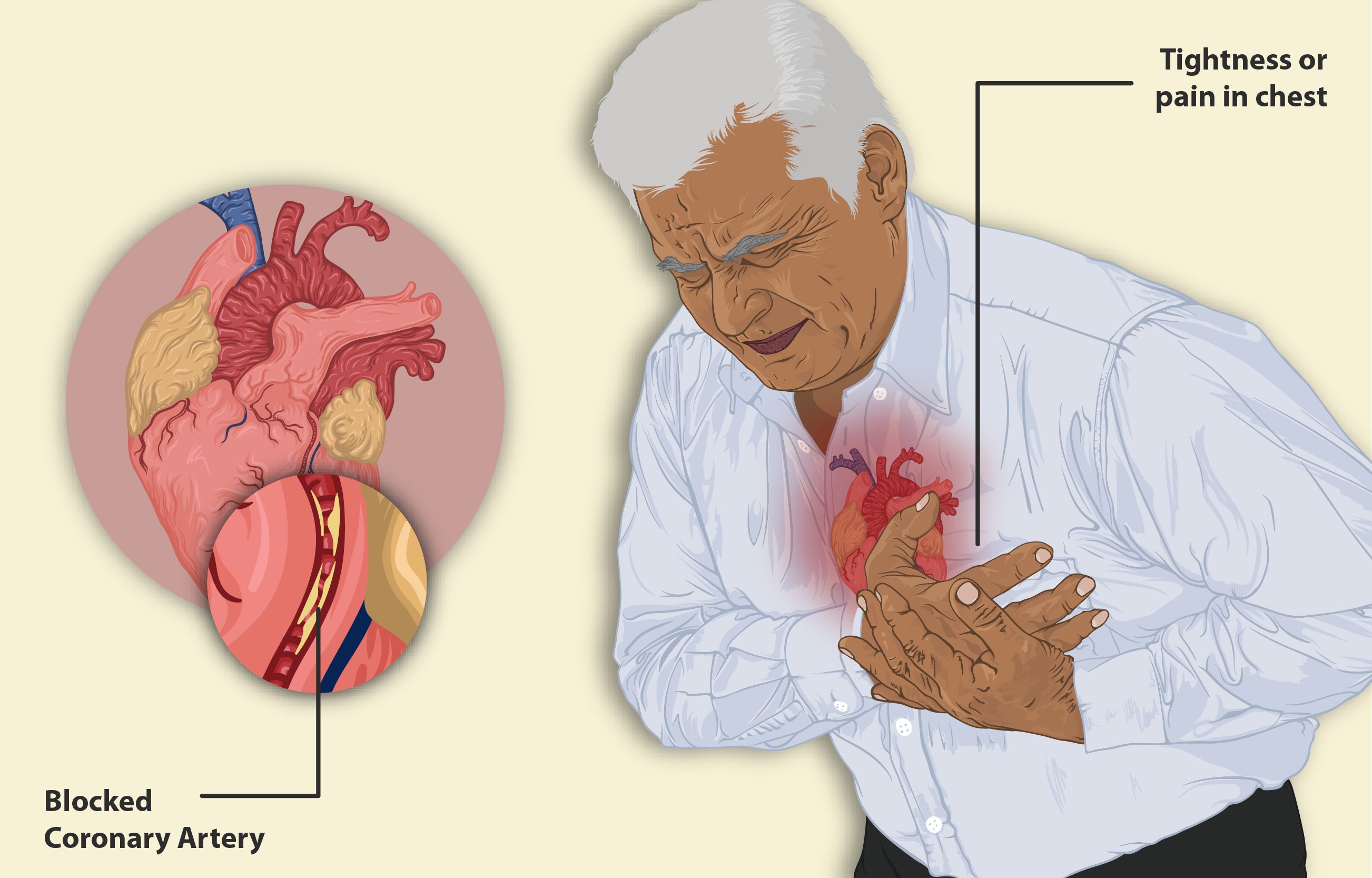
Low blood pressure can be a sign of heart problems. It can indicate issues like heart valve problems, heart attack, or heart failure. If you have low blood pressure and experience symptoms like chest pain, shortness of breath, or irregular heartbeats, seek immediate medical help.
Low Blood Pressure and Neurological Conditions
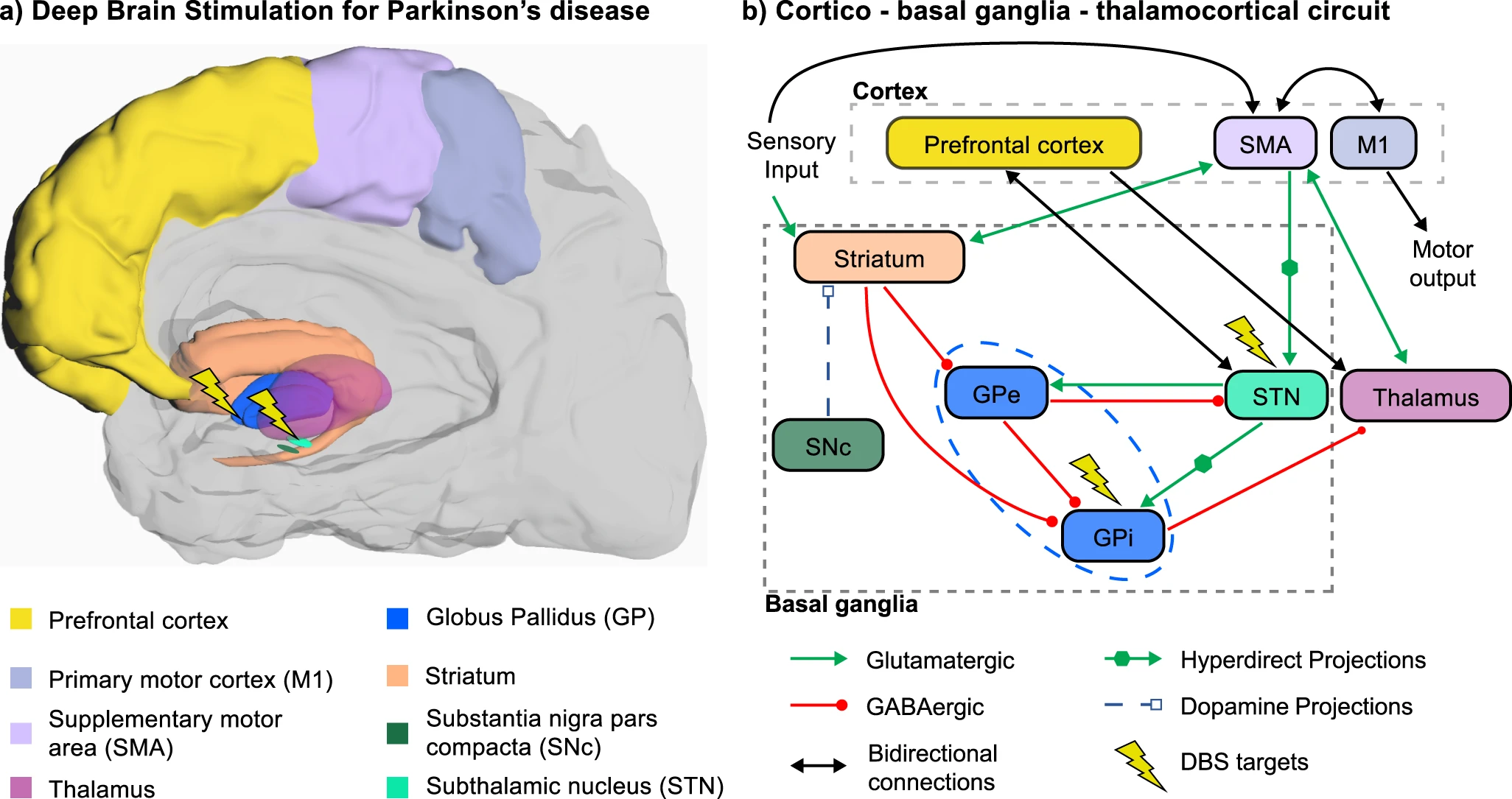
Neurological conditions like Parkinson's disease and certain types of dementia can cause low blood pressure. This happens due to the nervous system's inability to regulate blood pressure effectively.
